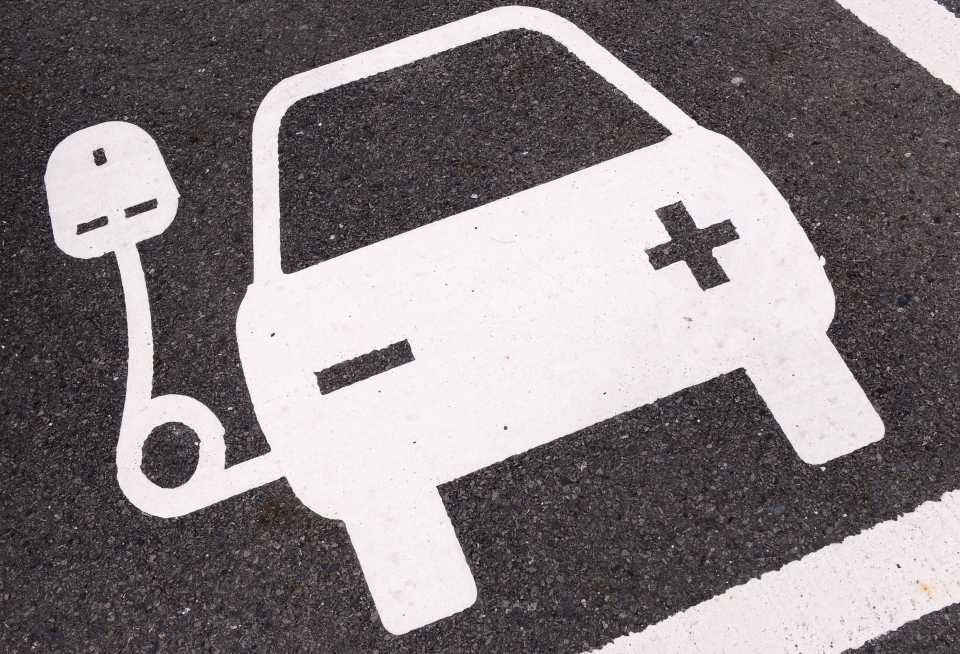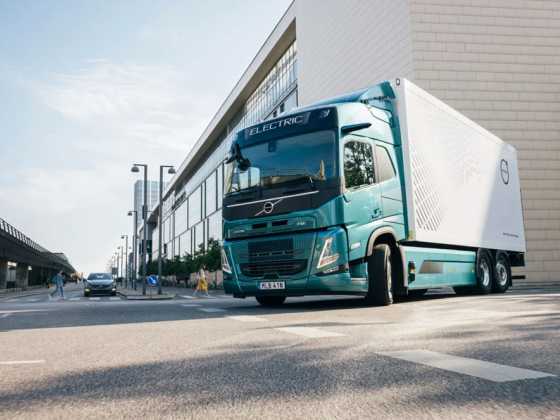Government and industry need comprehensive plan to drive EV adoption

The government and industry need to work together to agree a comprehensive roadmap to further electric vehicle take-up, according to a PwC report.
The report - ‘Charging Ahead’- identifies that while there has been some positive momentum growing the EV market, there are a number of ‘pinch points’ that could drive further growth.
For example, drivers need more education on the benefits of electric vehicles, such as reduced running costs.
PwC’s research reveals that three in five (60%) petrol/diesel drivers didn’t consider a battery-powered electric vehicle (BEV) when buying their last car with 51% ranking initial price and availability of charging as the top two barriers. The survey also shows that only one in ten combustion engine drivers (11%) would be comfortable evaluating the costs of owning a BEV.
While some EV manufacturers such as Renault and Nissan are adapting their sales offers to include incentives such as home charger installation, greater clarity is also needed generally on who is responsible for the provision and installation of home charging infrastructure, the report says.
The research reveals that 84% have access to off-street parking at home. Assuming home charging will become the norm therefore, a step change in the capacity of residential power grid to handle expected peaks in electricity demand is vital; alternatively, there must be substantive progress in the deployment of smart grids and demand side management to smooth the peak load.
The report also says that cities could hold the key to accelerating EV adoption rates as they focus on addressing poor air quality. But inadequate levels of public charging infrastructure could curb this ambition. Only 48% of Londoners and 61% of drivers in Edinburgh have access to off-street parking, making public charging network investment in cities crucial.
The report outlines the importance of collecting data on public and private charger usage. This will not only help utilities better manage power flows across the grid but better inform city planners and charging operators on required investment levels and the prime locations for charging points.
Rich Parkin, PwC automotive industry partner, said: “Future adoption rates of EVs in the UK will be highly contingent on the evolution of both public and private charging infrastructure and education on the economic and environmental benefits.
“This is a complex market challenge and a number of issues may need government intervention such as how the tax regime might adjust as fuel duty revenues wither away.
“Decisive action now could put us in pole position, paving the way for greater private sector innovation across products and services and delivering a much needed confidence boost to drivers and industry alike.”



